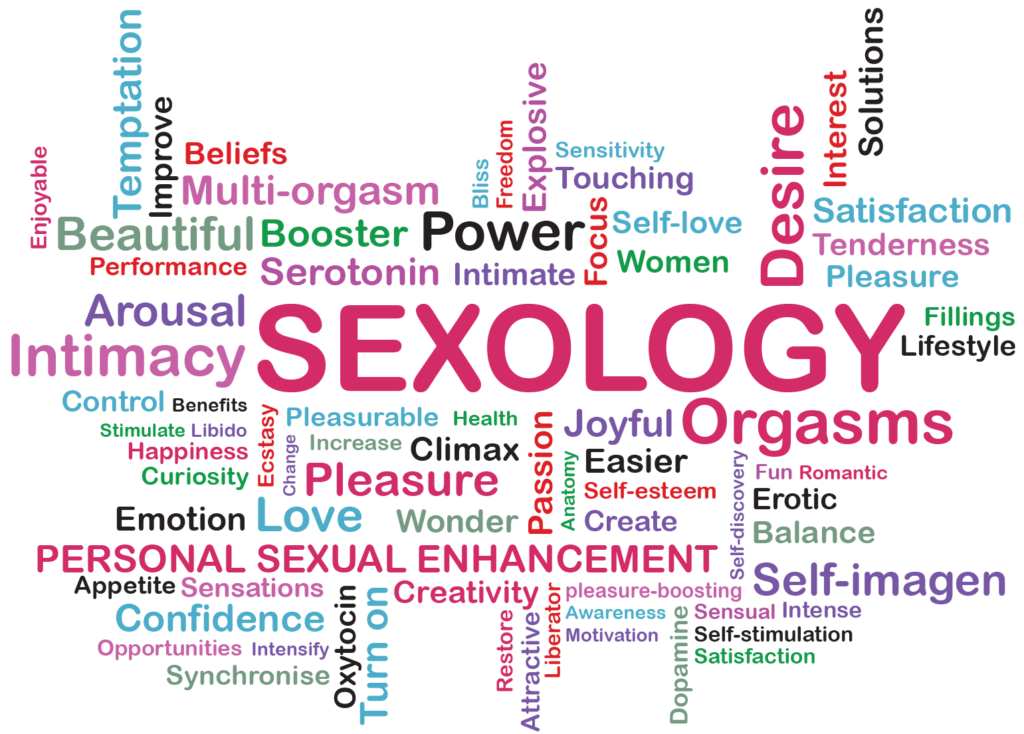Careers For Sexologists
Sexology is the scientific study of human sexuality, including aspects such as sexual behavior, sexual attraction, sexual development, and the interaction of these with the individual’s physical, emotional, and social well-being.

It encompasses a wide range of disciplines, including psychology, sociology, anthropology, biology, and medicine, and can also encompass research on issues related to sexual health and dysfunction.
Sexology also encompasses the study of gender identity, sexual orientation, and the impact of societal and cultural factors on sexual behavior and attitudes.
It can also include the study of sexual practices and relationships, as well as the study of the physiological and psychological aspects of sexual function and dysfunction.
Sexologists often work in research, academic, counseling, or healthcare settings, and may specialize in specific areas such as sex therapy, education, or public health.
They may also work with individuals, couples, or groups to address issues related to sexuality, sexual health, and sexual functioning.
In addition, sexology plays an important role in sex education, and in the development of public policies related to sexual health and rights.
Skill Set For Sexologists
The following are some of the key skills and qualities that are important for a career in sexology:
Strong communication skills: Sexologists need to be able to effectively communicate with clients, patients, and other healthcare professionals, in order to understand and address sexual concerns.
Empathy and compassion: Sexologists need to be able to understand and empathize with their clients and patients, and to provide supportive, non-judgmental care.
Cultural competency: Sexologists must be able to understand and respect the diverse backgrounds and experiences of their clients, and be able to provide culturally sensitive care.
Strong knowledge of human sexuality: Sexologists need to have a strong understanding of the scientific and medical aspects of human sexuality, including sexual development, sexual behavior, sexual health, and sexual dysfunction.
Strong research skills: Sexologists may conduct research on a wide range of topics related to human sexuality, and will need to have strong research skills in order to design, conduct, and analyze research studies.
Strong analytical skills: Sexologists must be able to analyze and interpret data from research studies, and use this information to inform their practice.
Strong writing skills: Sexologists may need to write research papers, articles, or reports in order to share their findings with others.
Strong educational skills: Sexologists may need to create educational materials and give presentations to educate the public and other professionals about sexual health and wellness.
Strong problem-solving skills: Sexologists must be able to help clients identify and address problems related to their sexual health and well-being.
Strong ethical understanding: Sexologists must be able to make ethical decisions and conduct their work in an ethical manner.
Career Options For Sexologists
There are a variety of career options for individuals with training in sexology, including:
A sex therapist or counselor: These professionals work with individuals or couples to address sexual problems or concerns, such as low sexual desire, sexual dysfunction, or difficulties with sexual communication or relationships.
Sexual health educator: These professionals design and implement sexual health education programs, both in schools and in community settings.
Researcher: Sexologists may conduct research on a wide range of topics related to human sexuality, including sexual behavior, sexual health, and sexual dysfunction.
Academic: Sexologists may teach and conduct research in universities and colleges, in fields such as psychology, sociology, anthropology, or public health.
Healthcare provider: Sexologists may work as part of a healthcare team, providing care and treatment for individuals with sexual health concerns, such as sexual pain or sexual dysfunction.
Public health professionals: Sexologists may work in public health agencies, developing and implementing programs related to sexual health and education.
Sex surrogates: Some sexologists may work as sex surrogates, in which they help clients with physical or emotional issues related to sexual function while engaging in physical therapy.
Consultant: Some sexologists may work as consultants, providing expert advice on a wide range of issues related to human sexuality to organizations, businesses, and the media.
Sexual surrogate therapist: They help clients with physical or emotional issues related to sexual function while engaging in physical therapy.
Keep in mind that the requirements and qualifications for these careers may vary depending on the specific field, employer, and location.



